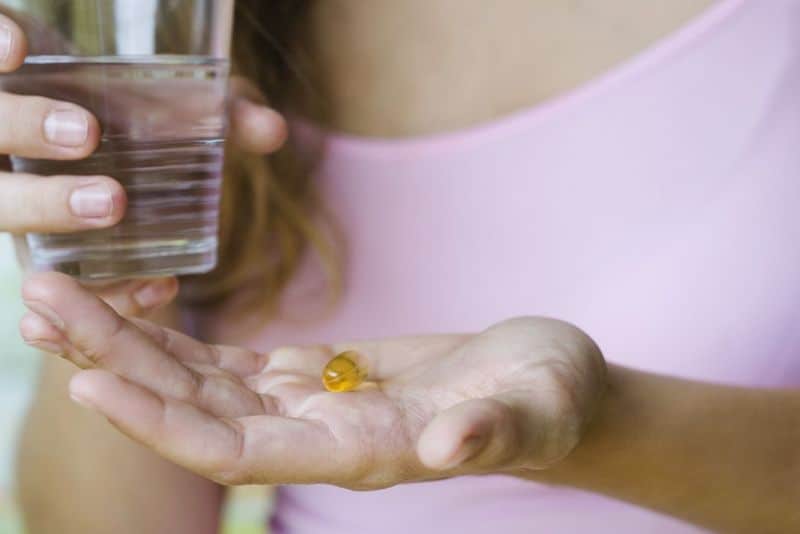Embarking on the journey to parenthood is an exciting time for many women. It’s a period filled with hope, anticipation, and countless questions about how to best prepare your body to conceive.
Among the many considerations, ensuring proper nutrition and supplementation is crucial. However, with the plethora of supplements available, understanding which ones are beneficial and which might be unnecessary can be daunting.
We aim to demystify the world of fertility supplements, providing you with crucial insights before you embark on this life-changing journey.
1. Folic Acid

Folic acid is often hailed as a vital supplement for women trying to conceive. This B-vitamin is essential for preventing neural tube defects, such as spina bifida, in the developing fetus.
Healthcare professionals recommend that women take at least 400 micrograms of folic acid daily, starting at least a month before conception. This ensures adequate levels to support early fetal development.
Including folic acid in your daily routine is both easy and beneficial, contributing to a healthy pregnancy. Always consult with a healthcare provider to tailor the dosage to your specific needs.
2. Vitamin D

Vitamin D plays a crucial role in reproductive health. It assists in the regulation of calcium and phosphorus, which are vital for bone health and immune function.
Research suggests that adequate levels of Vitamin D can support ovarian function and improve fertility outcomes. Women trying to conceive should consider taking a supplement, especially in areas with limited sunlight.
Before starting any new supplement regimen, consulting with a healthcare provider is recommended to determine the right dosage for your needs.
3. Omega-3 Fatty Acids

Omega-3 fatty acids are essential for overall health and particularly beneficial for women trying to conceive. These healthy fats contribute to the development of the fetal brain and eyes.
Incorporating Omega-3 supplements or foods like fish, flaxseeds, and walnuts into your diet can enhance fertility. It’s important to choose supplements from reputable sources to ensure they are free from contaminants.
Always discuss with your healthcare provider before introducing new supplements to ensure they fit your dietary needs and lifestyle.
4. Iron

Iron is a critical nutrient for women planning to conceive. It supports the production of hemoglobin, which is necessary for oxygen transport in the blood.
Ensuring adequate iron intake can prevent anemia, which is crucial for a healthy pregnancy. Foods like spinach, lentils, and red meat are excellent sources.
Adding an iron supplement may be advised, especially for those following vegetarian diets. Always have a healthcare provider evaluate your iron levels before starting supplements.
5. Coenzyme Q10

Coenzyme Q10 is gaining attention for its potential benefits in fertility. It acts as a powerful antioxidant, improving egg health and function.
Studies indicate that CoQ10 may enhance ovarian response and increase pregnancy rates, especially in women over 35.
Incorporating CoQ10 supplements into your regimen could be beneficial, but it’s important to discuss this with your healthcare provider. They can provide guidance on the appropriate dosage and ensure it complements your overall health strategy.

Well, hello there!
My name is Jennifer. Besides being an orthodontist, I am a mother to 3 playful boys. In this motherhood journey, I can say I will never know everything. That’s why I always strive to read a lot, and that’s why I started writing about all the smithereens I came across so that you can have everything in one place! Enjoy and stay positive; you’ve got this!

